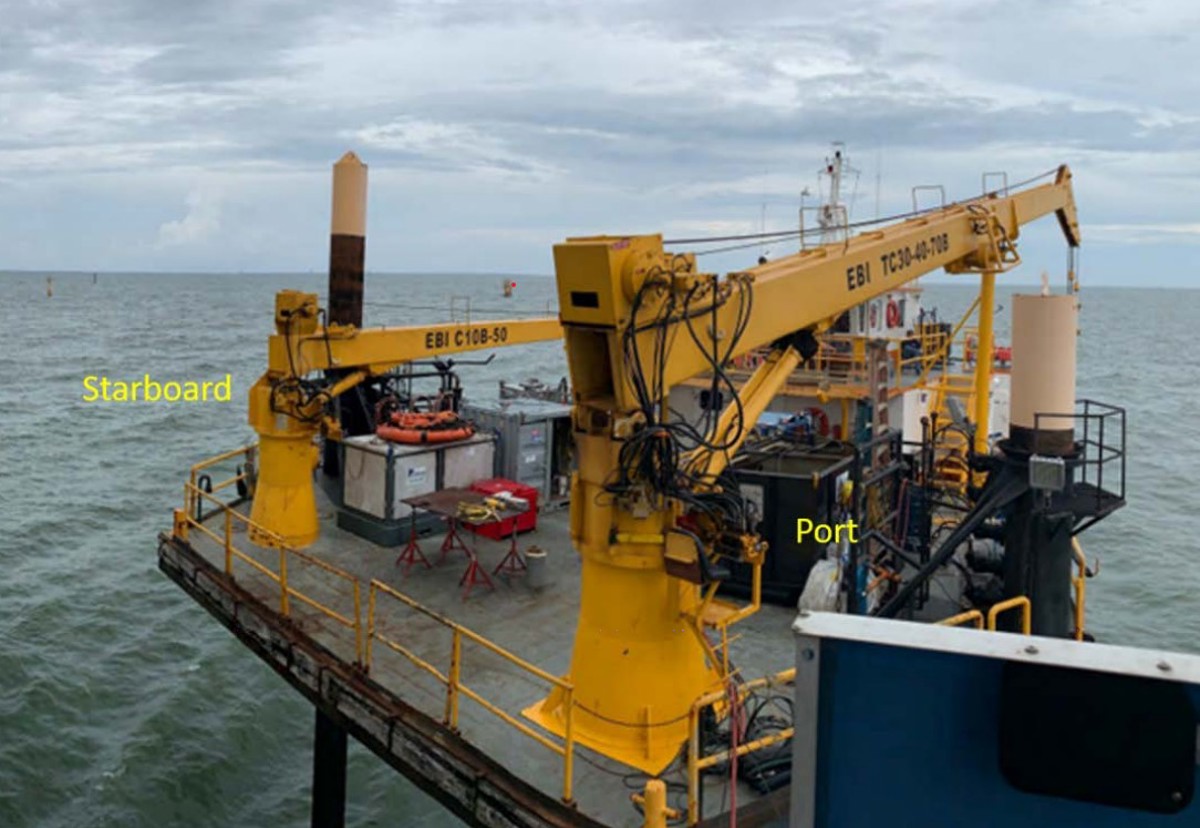NTSB: Overturning of the Liftboat Kristin Faye
- Safety Flash
- Published on 5 January 2021
- Generated on 13 February 2026
- IMCA SF 02/21
- 1 minute read
Jump to:
The National Transportation Safety Board (NTSB) of the United States has published Marine Accident Brief MAB 20-36 relating to the overturning of liftboat (small jack-up) Kristin Faye.
What happened?
Liftboats are three- or four-legged, self-propelled, self-elevating vessels typically servicing Gulf of Mexico offshore facilities (such as oil drilling platforms) by providing cranes and deck space.
On September 8, 2019, about 1015 local time, the liftboat Kristin Faye overturned while preparing to conduct work alongside a platform in the Gulf of Mexico, about 18 miles east of Venice, Louisiana. All three crewmembers abandoned the vessel and were rescued. One person suffered minor injuries during the evacuation. An estimated 120 gallons of diesel fuel were released. The vessel was declared a constructive total loss at an estimated US$750,000.

What was the cause?
The probable cause determined by the NTSB was the company’s inadequate preload procedure that did not account for crane movements or the planned loads (weights) to be lifted, resulting in a “punch through” of one of the vessel’s three legs.
A full report can be found on the NTSB’s website here: www.ntsb.gov/investigations/AccidentReports/Reports/MAB2036.pdf
IMCA Safety Flashes summarise key safety matters and incidents, allowing lessons to be more easily learnt for the benefit of the entire offshore industry.
The effectiveness of the IMCA Safety Flash system depends on the industry sharing information and so avoiding repeat incidents. Incidents are classified according to IOGP's Life Saving Rules.
All information is anonymised or sanitised, as appropriate, and warnings for graphic content included where possible.
IMCA makes every effort to ensure both the accuracy and reliability of the information shared, but is not be liable for any guidance and/or recommendation and/or statement herein contained.
The information contained in this document does not fulfil or replace any individual's or Member's legal, regulatory or other duties or obligations in respect of their operations. Individuals and Members remain solely responsible for the safe, lawful and proper conduct of their operations.
Share your safety incidents with IMCA online. Sign-up to receive Safety Flashes straight to your email.